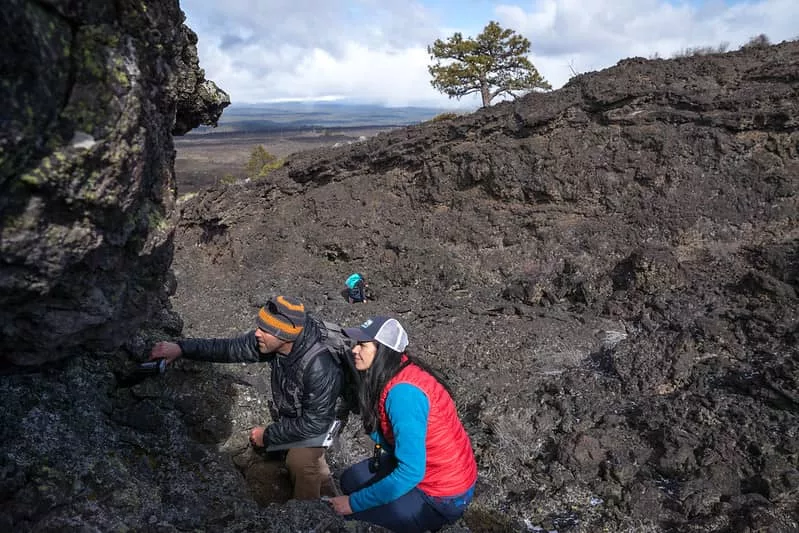Researchers at Oregon State University – Cascades brought in $2.3 million in funding during the recent fiscal year to address challenges as varied as the global scarcity of fresh water, the decline of bats in the U.S. Pacific Northwest and the impact of the environment on children’s health.
“Advances in knowledge by expert faculty researchers, post-doctoral scholars and graduate students at OSU-Cascades are helping to solve real-world problems in our community and around the world,” said Sherm Bloomer, chancellor and dean of OSU-Cascades. “These dedicated researchers are inspiring undergraduate students and the next generation of practical problem solvers.”
Research at OSU-Cascades contributes to Oregon State’s leadership as the state’s top comprehensive public research university, where research funding was just under $480 million during the past fiscal year.
OSU-Cascades’ awards included $1.4 million from federal agencies and more than $760,000 from private foundations. Highlights from the past year include:
- Computer scientist Patrick Donnelly received $638,000 from the Foundation for Food and Agriculture Research for the development of a smart compost bin that can measure home food waste, providing consumers a clearer understanding of their household sustainability.
- Engineering researcher Bahman Abbasi leads a team in the Water and Energy Technologies Lab where more than $380,000 in funding from the U.S. Department of Energy supported the development of technology to recover grey water from fracking. In addition, Espiku, a company founded by Abbasi and launched through the OSU Advantage Accelerator advances technology developed to turn saltwater into drinking water through a patented and environmentally friendly process.
- The Human Ecosystem and Resiliency Lab, led by co-directors Matt Shinderman and Tom Rodman, attracted a $322,000 grant from the National Park Service for a collaborative project to collect native seeds and return propagated plants to natural lands where they can help build more resilient ecosystems.
- Awards totaling more than $273,000 from the National Park Service, U.S. Bureau of Land Management and U.S. Forest Service will help researchers in the Northwest Bat Hub, a unit within the HERS Lab, monitor bat health and bat populations to support conservation of the beneficial mammals.
- Shannon Lipscomb, an associate professor of human development and family sciences at OSU-Cascades and research partner Molly Kile, an environmental epidemiologist in the OSU College of Health, received $264,000 from the National Institutes of Health as part of a multi-year study to advance understandings of children’s health and development.
- Jill Hubbard, a computer scientist focused on transforming how computer science is taught in K-12 schools in order to help diversify future generations of technologists, is co-leading a $148,000 grant from the National Science Foundation. Together with researchers from Southern Oregon University and William & Mary, she is looking at how K-5 teachers integrate computational thinking into lessons across subject areas.
Funding also included $140,000 from Business Oregon and the Oregon Innovation Council for collaborative, regional planning for an innovation hub that can further economic development and encourage participation among populations underserved in the innovation economy.
In total, OSU-Cascades has attracted $11.6 million since it was founded in 2001. To learn more about research underway at OSU-Cascades, visit OSUcascades.edu/research.






